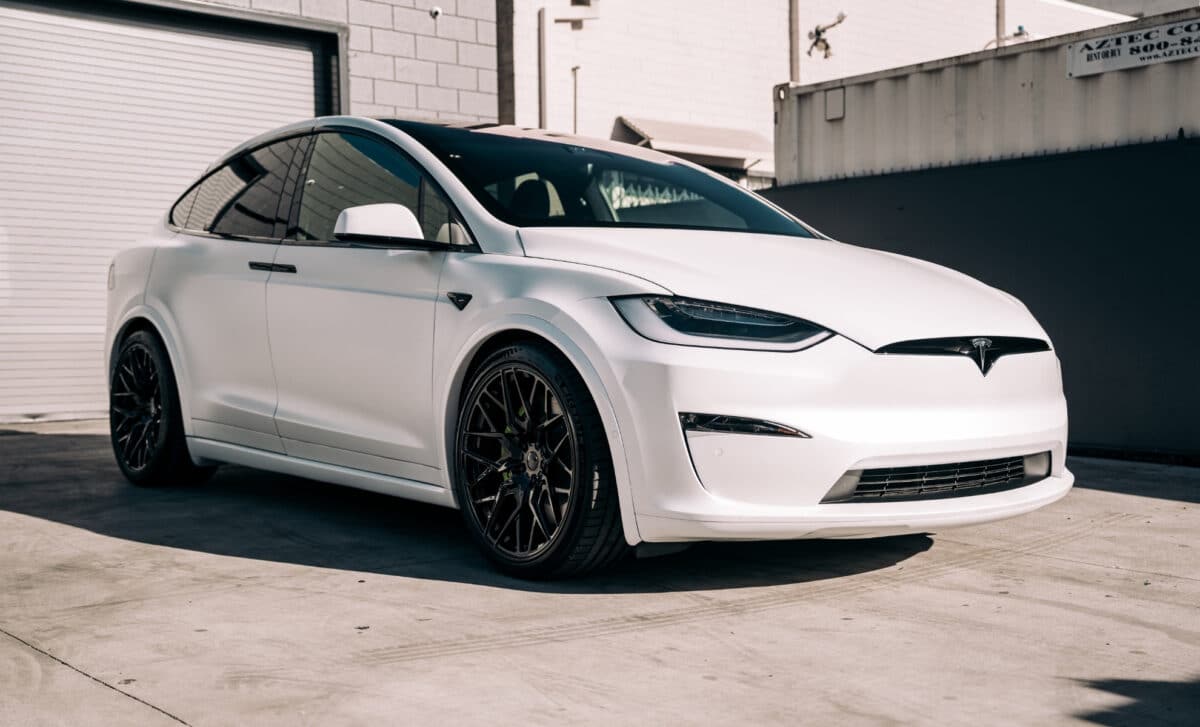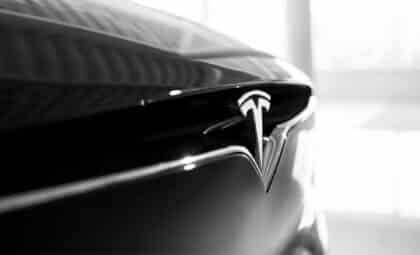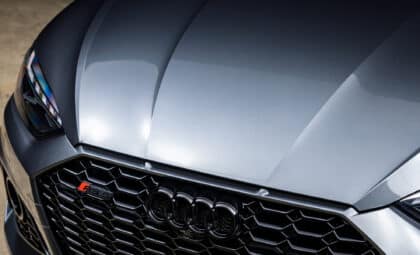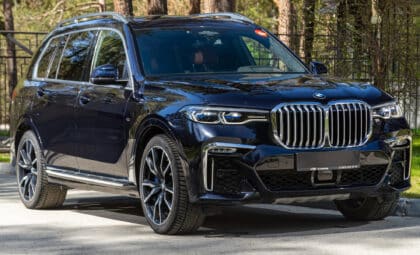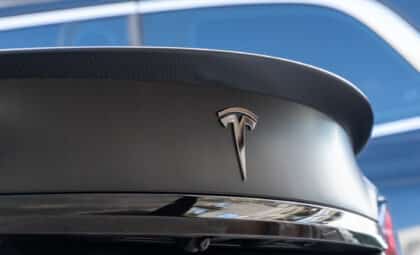Tesla’s loyalty rate in the U.S. dropped to 58.1 percent in the second quarter of 2025, down 9.4 percent from the year before, according to new data from S&P Global. While most defectors still choose electric or hybrid vehicles, a surprising 2.9 percent are returning to diesel—highlighting a deeper shift in sentiment.
The decline comes at a time when Tesla’s dominance is being challenged on multiple fronts. With a stagnant model lineup and increasing discontent over the brand’s public image, former owners are exploring alternatives—sometimes in the least expected places. Diesel trucks from Chevrolet and Ford have emerged as unexpected beneficiaries of the exodus, signaling a complex new chapter in the electric vehicle transition.
Aging Models and Public Image Fatigue Drive Defections
Tesla’s current range relies heavily on just two mainstream models—the Model 3 and Model Y—both of which are now showing their age. While updates have been rolled out, their basic platforms date back years, leaving some customers looking for fresher alternatives. This limited variety has been a key factor in declining loyalty, especially as rival brands expand their electric and hybrid offerings.
At the same time, CEO Elon Musk continues to be a polarizing figure. While some admire his outspoken style, others are turned off by his political commentary and frequent controversies. This growing divide may be contributing to a softening in Tesla’s once-unshakable base. As Carscoops reported, the shift is “not simply a rejection of electric cars, but rather a reflection of buyers migrating to brands offering more diverse lineups and equipment choices.”
When Tesla owners leave the brand, they’re most often turning to BMW, Mercedes-Benz, or Toyota, drawn by broader catalogs and different design philosophies. These companies are steadily gaining market share as the EV landscape becomes more competitive.
Diesel Draws Back a Small but Striking Group of Buyers
The most surprising twist in Tesla’s brand story is the return—however small—of some owners to diesel-powered vehicles. While just 2.9 percent of defectors made the switch in early 2025, this figure stands out given diesel’s past decline and its symbolic contrast to Tesla’s green image.
According to the study cited by the same source, former Tesla drivers who moved to Chevrolet selected gas-powered models 55 percent of the time, but nearly 8 percent went with diesels. The article speculates these could be former Cybertruck buyers dissatisfied with the product, now opting for the Chevrolet Silverado or similar diesel trucks. Among Tesla owners who switched to Ford, 5 percent also chose diesel, adding to the sense that some buyers are retreating from electrification entirely.
While the reasons for this reversal remain unclear, the numbers point to an erosion in Tesla’s symbolic status—not just as a brand, but as a lifestyle choice. Diesel may not be making a large comeback, but its appeal to even a handful of former Tesla owners reflects a broader unease with the current direction of the EV market.
EV Loyalty Slips, While Rivals Consolidate Gains
Tesla’s slide is not isolated. Loyalty to battery-electric vehicles overall has dropped to 58.7 percent, compared to nearly 68 percent two years earlier. This suggests a general softening of enthusiasm for EVs among repeat buyers. In contrast, traditional internal combustion vehicles continue to dominate with 84 percent loyalty, although that figure is gradually slipping as well.
Hybrids are quietly gaining ground, but still trail both BEVs and gas-powered vehicles. Interestingly, buyers of non-Tesla electric brands are showing more commitment to staying electric. As reported by Carscoops, fuel-type loyalty for non-Tesla EVs has risen to 46.4 percent, up from about 45 percent in 2020. Overall EV brand loyalty has also grown slightly, now sitting at 43.5 percent, bolstered by an influx of competitive models.
Another revealing detail: price doesn’t appear to be driving this shift. Most households moving away from Tesla are purchasing vehicles in the $60,000–$75,000 range, indicating that decisions are based more on product satisfaction than financial constraints.
“Tesla brand loyalty is still strong, but it’s no longer the default,” analysts at S&P Global noted. As more brands enter the EV market with diverse, competitive offerings, Tesla must now contend with the kind of competition it once left far behind.

